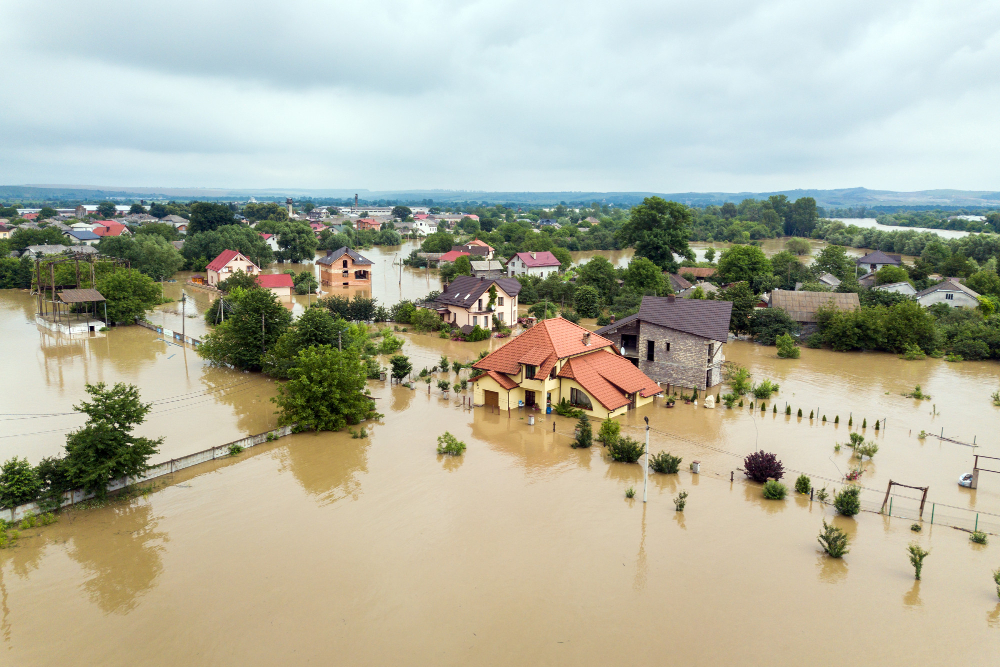 (888) 979-7969
(888) 979-7969
 (888) 979-7969
(888) 979-7969

Natural disasters such as hurricanes, floods, and wildfires cannot be controlled. They have the potential to wreak havoc, and damaged properties can cause tremendous stress and loss of finances. Thankfully, you can plan and prepare for the worst-case scenarios. As an insurance loss adjuster, I have seen firsthand how someone who was prepared handled their disaster better than someone who wasn't. This blog post will provide insights on how you can plan for a disaster and give you peace of mind that you are well-prepared.
Your home insurance policy is what covers the damages to your property. Therefore, it is critical to have your policy reviewed and evaluated by a reliable insurance agent. Ensure that you have adequate coverage that will cover all of your possessions and building costs in case of a disaster. Some insurance policies might not cover specific types of disasters such as floods. In such situations, you might have to get additional coverage. Make sure you understand what is and isn't covered by your policy by doing extensive research. Ask your insurance agent to thoroughly explain any confusing details.
Depending on where you live, there is a possibility of specific disasters. For example, if you reside in Florida, where hurricanes are rampant, you will need to focus more on hurricane preparedness. Besides, if your home is situated in a flood-prone area, you will need to focus on flood preparedness. You can go a step further and hire a specialist to conduct an in-depth risk assessment analysis of your home. These experts provide you with advice on what measures you need to take to ensure your home is prepared for any possible disasters.
In the face of a disaster, you might be forced to evacuate your home at short notice. In such a scenario, you need to have an emergency kit that contains the essentials to keep you and your family comfortable while away from home. It can consist of first aid supplies, bottled water, non-perishable food items, flashlights, and other basic supplies. Ensure that the family members understand where this kit is located and how to use the contents.
It's essential to have an emergency escape plan that everyone in your household knows. For example, if there is a fire, everyone should know how to escape the house, where to meet up outside, and who to call for help. Make sure the escape routes are unblocked and that everyone is aware of where the primary utilities shutoff is located. Additionally, review the plan at least twice a year and ensure any updates are made for the plan to be effective.
Make sure that you have copies of important documents such as home insurance policies, mortgage documents, and identification papers in a safe location outside of your home. For example, consider storing them in a waterproof safe or a safe deposit box to protect them from being damaged or lost in the disaster. It's also beneficial to photograph or videotape your possessions and store them in the same place. If you suffer a loss, this documentation will assist in the claims process.
Natural disasters can occur unexpectedly and cause severe damages. However, having a well-thought-out plan in place sets you up for better preparedness and helps you cope better. To ensure that you are well-prepared, we recommend that you evaluate your home insurance policy, conduct a risk assessment, create a disaster preparedness kit, review emergency escape plans, and document important information about your property. The tips outlined above will put you in good stead in case of a disaster. Remember, preparation is key. If you're looking for an insurance loss adjuster in Orlando, FL, contact our team at Ultra Property Damage, for quality consultation and assistance with your insurance claims.